|
Sociology and Anthropology of Logic: Past and Present
June 21, Afternoon & June 22, Full Day
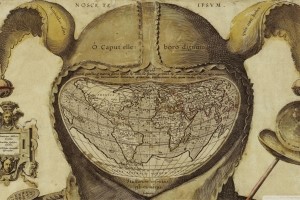
Workshop at
UNILOG'2018 organized
by
Claude Rosental
(CEMS/IMM/CNRS/EHESS/PSL)
Julie Brumberg-Chaumont
(LEM/CNRS/ PSL, Paris Research University)
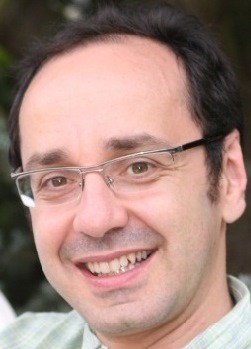 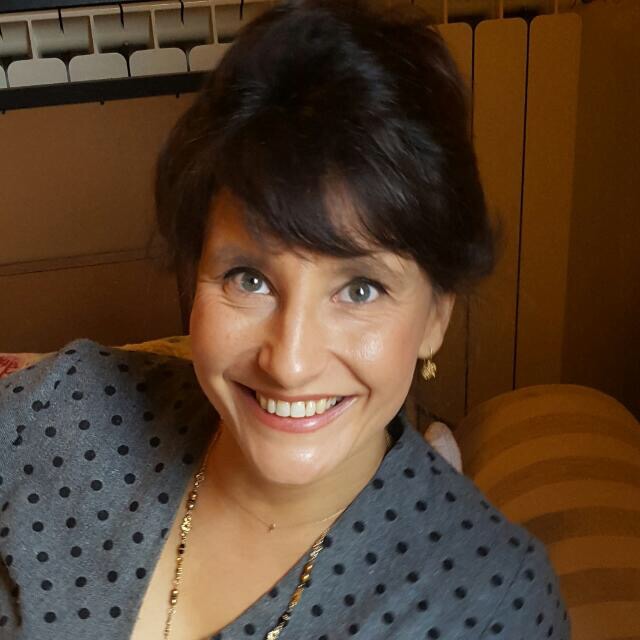
The workshop “sociology and anthropology of logic: past and present” intends to explore the various ways in which logic can be approached from a sociological or anthropological point of view. We will look into how various actors and peoples concretely define and practice logic. Logic will not be apprehended according to a fixed definition of what it is or what it should be in order to assess their various definitions and practices. Instead, we will analyze their possible plurality.
We will focus on both past and present definitions and practices of logic. Historical investigations are welcome. In particular, we will discuss how philosophy and history of logic might benefit from various methodological approaches developed by historians and sociologists of mathematics and science over the past 40 years.
The organizers have contributed to this endeavor in various ways. In particular, Claude Rosental has been studying contemporary logical demonstrations from a sociological point of point. As for Julie Brumberg-Chaumont, she launched a program called “Homo Logicus, Logic at the Edges of Humanity: Anthropological, Philosophical and Historical Approaches” with Antonella Romano at EHESS in Paris in 2016, and another program called “Social History of Logic in the Middle Ages” with John Marenbon (Trinity College, Cambridge) in 2017.
The anthropological dimension of logic may be observed, for example, in the debates that Lévy-Bruhl’s notion of “pre-logical mentality” of indigenous peoples has generated for more than a century. Anthropologists and other actors have often referred to logical skills to define the boundaries of humanity. Depending on their more or less open definitions of logic, they have included a limited or a large number of humans within these boundaries. Testing codified logical skills — Aristotelian and traditional logic in the past, thinking skill assessment (TSA) today – has been used since the Middle Ages as a way to select individuals in higher education institutions and/or as a means for excluding “logically disabled” groups in relationship to their so-called “social or racial inferiority.” A sociological approach to the history of logic implies that logic is not only a set of theories and doctrines, but also a tool for action that individuals use in different institutional, political, and social settings.
Several authors have contributed to approaching logic this way. For instance, David Bloor’s work inspired Irving Anellis and Ivo Grattan-Guiness’ criticisms of the notion of “Fregean revolution.” The “social history of logic” program developed by Volker Peckaus and Christian Thiel in the 1980s also illustrates this trend.
Call for papers
Papers are expected to cover one of the following topics:
Logic and the Boundaries of Humanity
Social Studies of Logic
Anthropological History of Logic
Selecting Humans Based on their Logical Skills
Ethnologic and Ethnomathematics
History of Logic and History of Anthropology
Abstracts (one page) should be sent by November 15, 2017 via e-mail to:
brumberg@vjf.cnrs.fr
| |
 SCHEDULE
SCHEDULE

Keynote Speakers
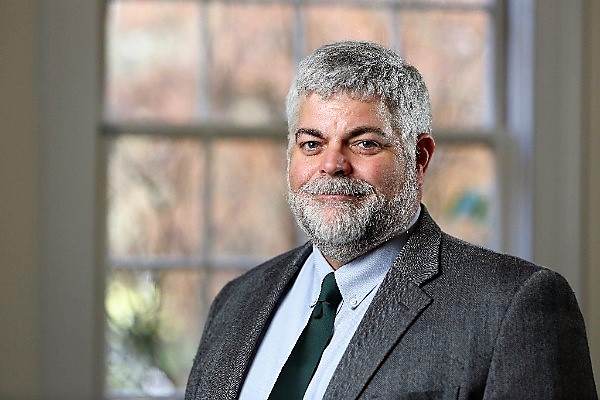
Scott Pratt
Dept of Philosophy, University of Oregon, USA
“Decolonizing 'Natural Logic' "”
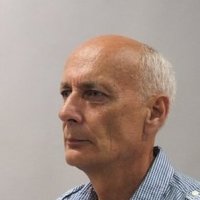
Christopher Goodey
Centre for Medical Humanities,
University of Leicester, UK
"La question est précisément de 'âge' [Rousseau, Emile]: Natural logic and the pre-history of modern
psychology”
Contributing Speakers
Delphine Antoine-Mahut,
Ecole Normale Supérieure, Lyon, France,
“Pathologies of rationalities and embodied logic:
Malebranche’s conception of Madness as a case study”
Sorin Bangu,
University of Bergen, Norway,
“Later Wittgenstein: Logic, Necessity and Social Practice”
Julie Brumberg-Chaumont,
CNRS, Paris Research University, France,
“Anthropology and Sociology of Logic as a Norm in the Middle Ages”
Kevin M.Cahill,
University of Bergen, Norway,
“The Grammar of Conflict”
Elena Ficara,
Department of Philosophy, University of Paderborn, Germany,
“Hegel on the Naturalness of Logic”
Samuel Lézé,
Ecole Normale Supérieure, Lyon, France,
“Pathology of logical thought: Paranoia as a case study”
Andreas Mayer,
CNRS, Paris Research University, CAK, EHESS, France,
“Analyzing the Logic of the Unconscious. Notes on the Work of Ignacio Matte Blanco and its Ramifications”
Stefano Papa,
University of Vienna, Austria,
“The Contention over Algebra and the Perpetual Peace
of Intuitionism. On the Role of Linguistic Modelling and Formalism in Quantum Mechanics”
Claude Rosenthal,
CEMS, IMM, CNRS, EHESS, Paris Research University, France,
“Learning Logic in a Department of Philosophy: an Ethnographical Account”
Gregory Rupik and
Hakob Barseghyan,
Margherita von Brentano Center, Free University of Berlin, Germany and
Institute for the History and Philosophy of Science\\ and Technology, University of Toronto, Canada,
“When Science Is and Isn't Paraconsistent”
Philippe Sormani,
Science and Technology Studies Lab,\\ University of Lausanne, Switzerland and CEMS, IMM, EHESS, France,
“Logic-in-Action? AlphaGo, Surprise Move 37 and Interaction Analysis”
Back to the 6th Universal Logic Congress
|


 SCHEDULE
SCHEDULE 
